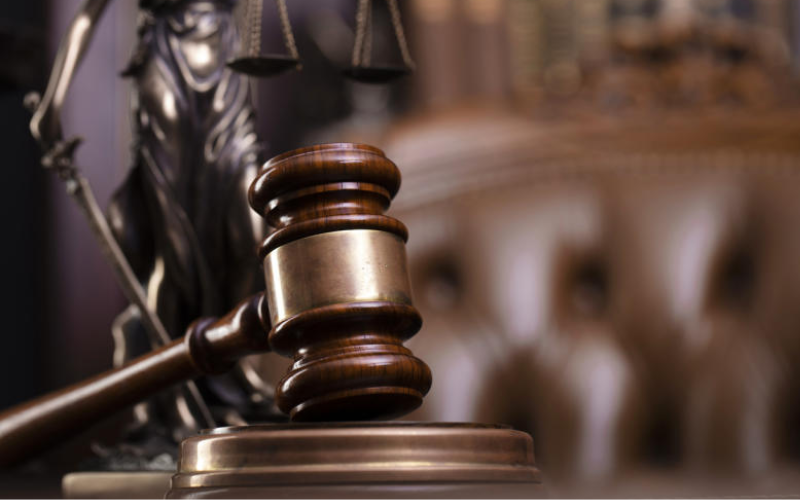I have followed several reports in the mainstream media on how some families are left on crossroads after a parent dies without leaving a will. What comes to mind is what happens if a person writes a will and wants to change it before he or she dies?
– Levi, Nairobi
It is possible for property owners to change heirs named in wills several times.
A section of conveyancers (property lawyers) who draft wills, concur that the fear of many home and land owners is the belief that wills are cast in stone. There are also some who avoid wills over a mentality that writing them is synonymous to preparing for death. There are also bachelors and spinsters with investments in real estate who shy away from making wills in fear of the unknown after marriage.
However, the Law of Succession Act provides for involuntary revocation of a will by marriage – wills made before tying the knot can be cancelled automatically.
There could be exceptions to wills that were made in contemplation of marriage to a specific person, such are not revoked.
According to the Law of Succession Act (LSA), a will can be revoked or altered by the investor at any time.
The LSA provides that contents of wills can be changed several times as long as the property owner is in a stable mental condition. Courts also refer to judicial precedents on destruction, cancellation or revocation of Wills by property owners.
The Law of Succession Act provides for revocation of wills by burning, tearing or actual destruction by the maker or anyone under their instruction. One can also give instructions to their lawyer – in writing – to cancel a will prepared on their behalf.
According to the LSA, when revoking a will, the property owner must have the intention and capacity. For instance, in the case of Cheese vs. Lovejoy (1877), a property owner cancelled his will by striking out its clauses and his signature with a pen. He then wrote at the back of the Will ‘All these are revoked’ and threw it in a pile of waste paper before his house help retrieved it and kept it in the kitchen drawer.
He died eight years later but the court ruled that acts of the property owner did not amount to destruction, although he intended to destroy it. In the case of Re: Morton’s Goods (1887), the court held that the Will was destroyed after the maker completely scratched out his signature.
To establish actual destruction, it must be proved that the acts of destruction were completed by the maker of the Will. The destruction must be by the property owner or anyone in their presence and direction.
Destruction of a will must not be accidental. If an investor thinks it could be invalid, the destruction would not amount to revocation as there was no intention to revoke.
Ayodo is an Advocate of the High Court of Kenya.
